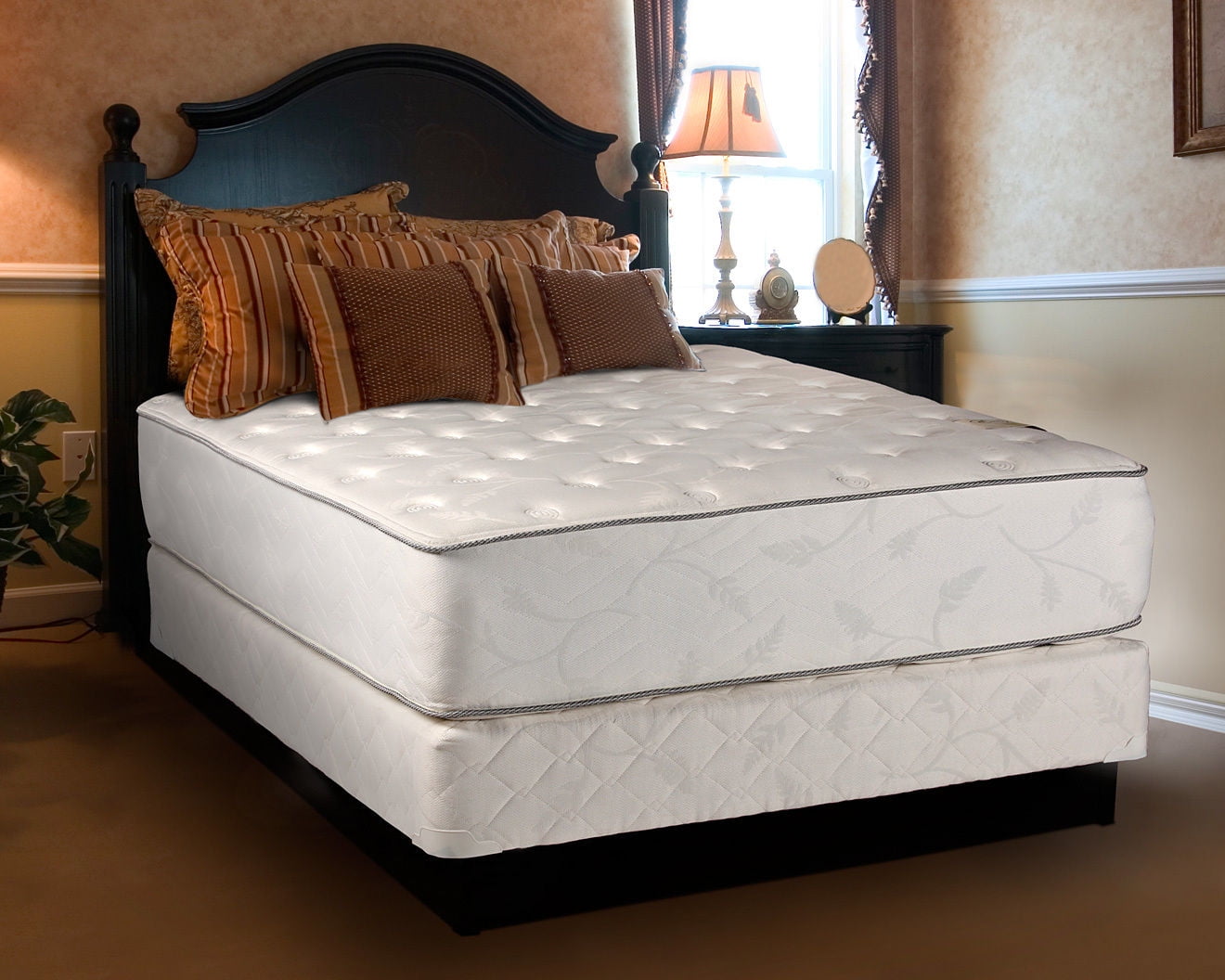One of the main downsides of a latex mattress is that it can trigger allergies in some individuals. Latex is a natural material made from the sap of rubber trees, and some people may have a sensitivity or allergy to it. This can lead to uncomfortable symptoms such as itchiness, sneezing, and difficulty breathing. If you have a latex allergy, it is important to avoid sleeping on a latex mattress to prevent these reactions.Allergies
While latex mattresses are known for their durability, they may not be as long-lasting as other types of mattresses. Over time, the latex foam can start to break down and lose its supportive properties, causing the mattress to sag and lose its shape. This can lead to discomfort and poor sleep quality, as well as the need to replace the mattress sooner than expected.Durability
Latex mattresses can also be quite expensive compared to other types of mattresses. This is due to the high-quality materials used and the labor-intensive manufacturing process. While the initial cost may be worth it for some, it can be a significant downside for those on a budget or looking for a more affordable option.Cost
Latex mattresses have a reputation for being temperature-neutral, meaning they do not trap heat like memory foam mattresses. However, some individuals may still find that they sleep hot on a latex mattress. This is because latex is a dense material that does not allow for much air circulation. If you tend to sleep hot, be sure to choose a latex mattress with cooling features or consider a different type of mattress altogether.Heat Retention
Some latex mattresses may emit a chemical odor when first unpacked. This is known as off-gassing and is caused by the materials used in the manufacturing process. While the smell should dissipate within a few days, it can be unpleasant and bothersome for those with sensitivities. To avoid this downside, choose a latex mattress made with natural or organic materials.Chemical Odors
Unlike other types of mattresses that come in a wide range of firmness options, latex mattresses tend to have limited choices. This is because latex foam is inherently supportive and does not have the same level of softness as other materials. If you prefer a very soft or very firm mattress, you may have trouble finding the right level of comfort with a latex mattress.Limited Firmness Options
Latex mattresses are generally heavier than other types of mattresses. This can make them difficult to move and maneuver, especially if you need to rotate or flip the mattress. If you have physical limitations or live alone, this can be a major downside. Additionally, the weight of the mattress can make it difficult to change sheets and make the bed.Weight
While latex mattresses are known for their support and bounce, they may not be the best choice for couples. The material does not absorb motion well, meaning that any movement on one side of the bed can be felt on the other. This can lead to sleep disturbances and discomfort, especially for light sleepers. If you share a bed with a partner, consider a mattress with better motion isolation.Motion Transfer
While latex is a natural material, the production of latex mattresses may still have an environmental impact. This is due to the use of chemicals in the manufacturing process and the transportation of the materials. Additionally, latex mattresses may not be biodegradable and can contribute to landfill waste. If you are environmentally conscious, be sure to research the production process of the latex mattress you are considering.Environmental Impact
Compared to other types of mattresses, latex mattresses may not be as widely available. This is because they are not as popular and may be more expensive to produce. This limited availability can make it difficult to find a latex mattress in stores, and it may need to be ordered online. If you prefer to test out a mattress before purchasing, this can be a major downside.Availability
The Downside of Latex Mattresses
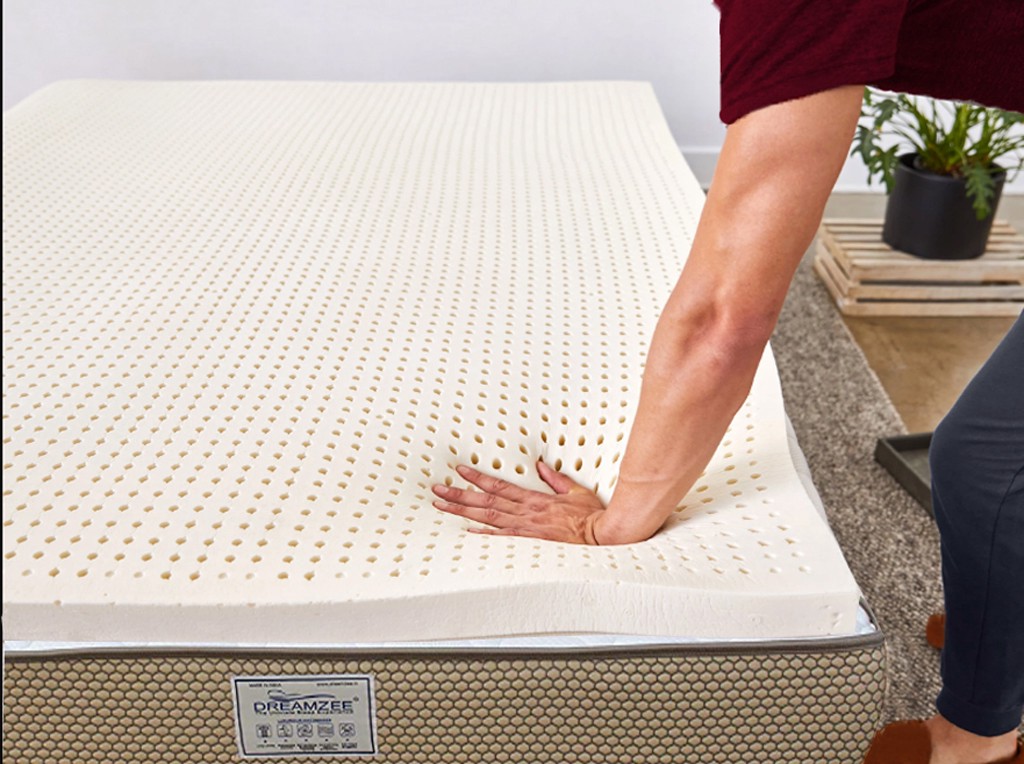
Latex mattresses may not be suitable for everyone
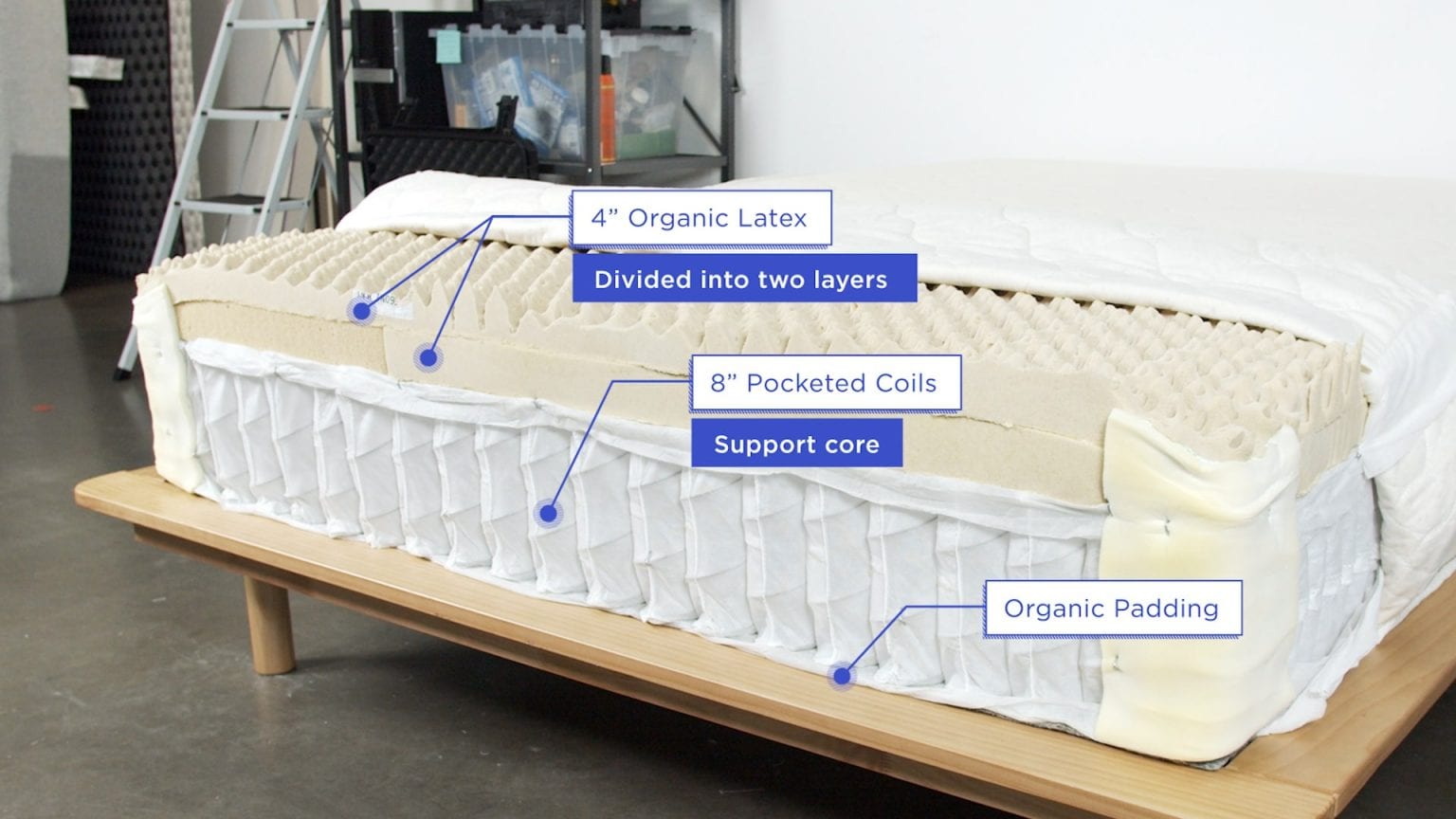 While latex mattresses have many benefits, they may not be suitable for everyone. One of the main downsides of latex mattresses is the potential for allergic reactions. Latex is a natural material derived from the sap of rubber trees, and some people may have a sensitivity or allergy to it. This can cause discomfort and even skin irritations when in contact with the latex.
Moreover, latex mattresses can be quite heavy and difficult to move. This is due to the dense and durable nature of the material. It may not be suitable for those who frequently move or change the layout of their bedroom. Additionally, latex mattresses can be quite expensive compared to other types of mattresses, which may not be feasible for those on a tight budget.
Another downside of latex mattresses is that they may have a strong smell when first purchased. This is known as off-gassing and is caused by the natural materials used in the mattress. While the smell will eventually dissipate, it may be bothersome to some individuals, especially those with a sensitive sense of smell.
Lastly, latex mattresses may not provide enough support for heavier individuals. Unlike memory foam mattresses, which conform to the body's shape, latex mattresses have a more firm and bouncy feel. This may not be suitable for those who require extra support for their joints and pressure points.
In conclusion, while latex mattresses have many benefits, they may not be suitable for everyone. It is important to consider the potential downsides before making a decision on which type of mattress to purchase. Those with allergies or a sensitive sense of smell may want to explore other options, while those who require extra support may find that a different type of mattress suits their needs better.
While latex mattresses have many benefits, they may not be suitable for everyone. One of the main downsides of latex mattresses is the potential for allergic reactions. Latex is a natural material derived from the sap of rubber trees, and some people may have a sensitivity or allergy to it. This can cause discomfort and even skin irritations when in contact with the latex.
Moreover, latex mattresses can be quite heavy and difficult to move. This is due to the dense and durable nature of the material. It may not be suitable for those who frequently move or change the layout of their bedroom. Additionally, latex mattresses can be quite expensive compared to other types of mattresses, which may not be feasible for those on a tight budget.
Another downside of latex mattresses is that they may have a strong smell when first purchased. This is known as off-gassing and is caused by the natural materials used in the mattress. While the smell will eventually dissipate, it may be bothersome to some individuals, especially those with a sensitive sense of smell.
Lastly, latex mattresses may not provide enough support for heavier individuals. Unlike memory foam mattresses, which conform to the body's shape, latex mattresses have a more firm and bouncy feel. This may not be suitable for those who require extra support for their joints and pressure points.
In conclusion, while latex mattresses have many benefits, they may not be suitable for everyone. It is important to consider the potential downsides before making a decision on which type of mattress to purchase. Those with allergies or a sensitive sense of smell may want to explore other options, while those who require extra support may find that a different type of mattress suits their needs better.










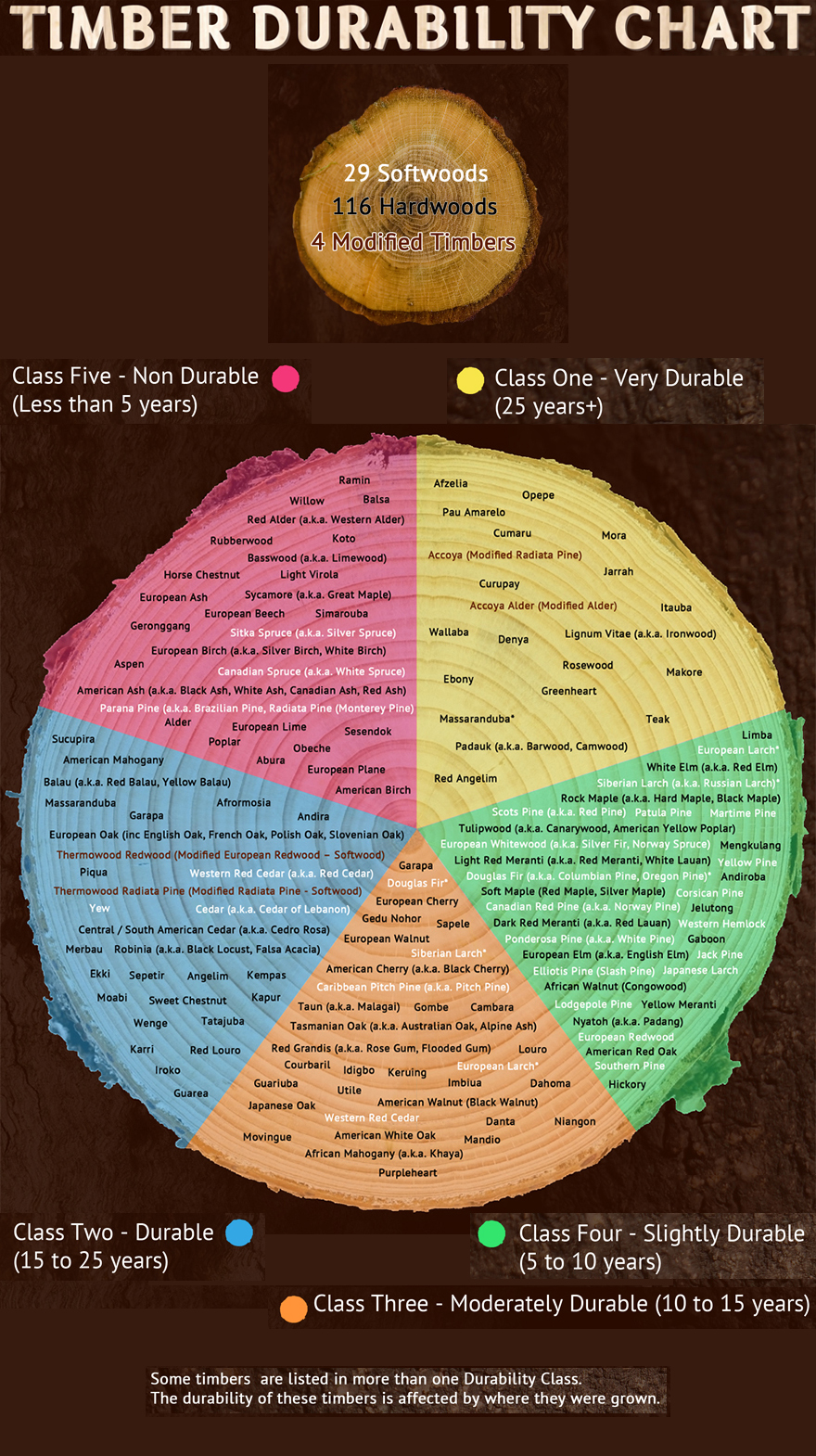






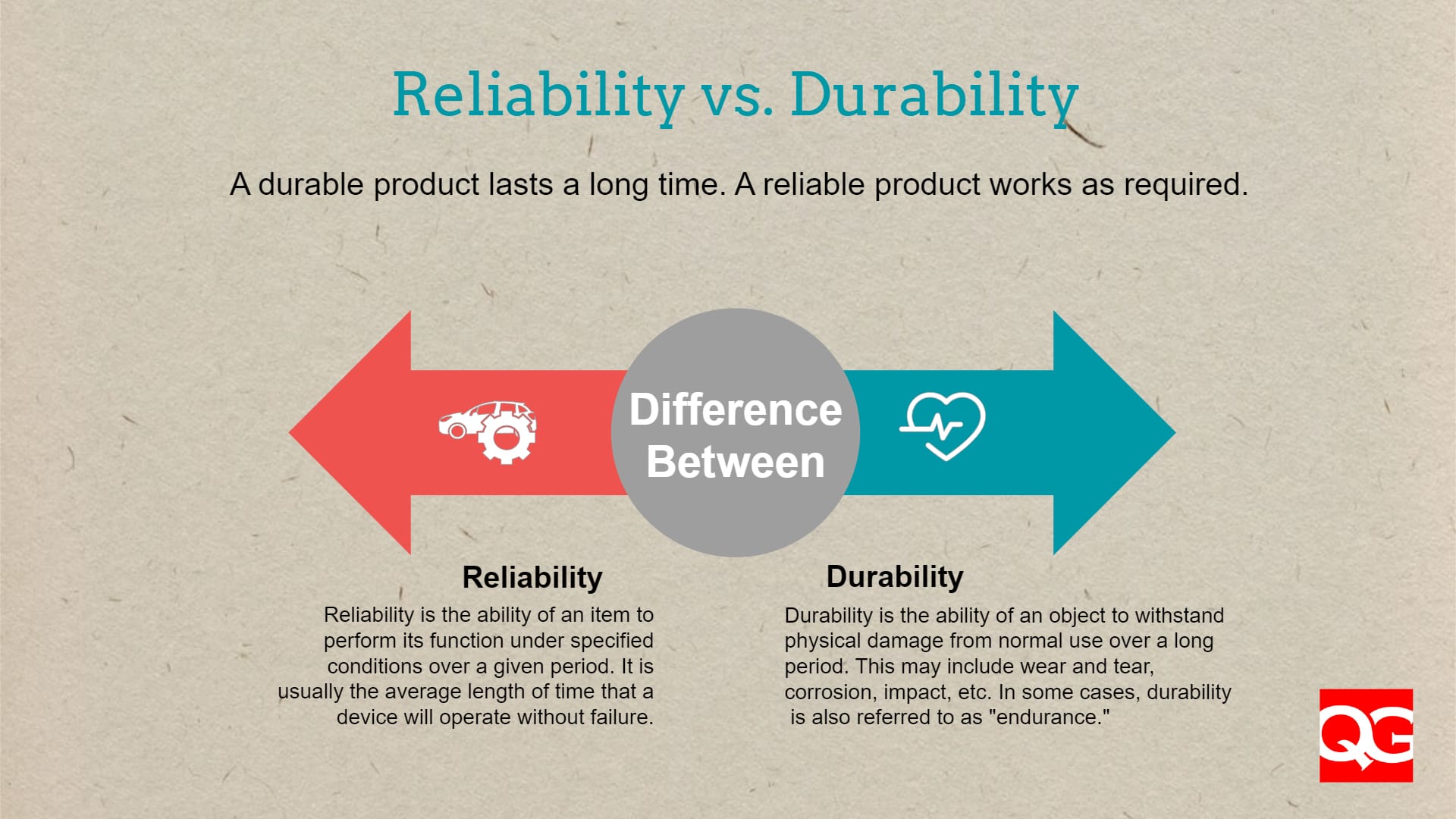















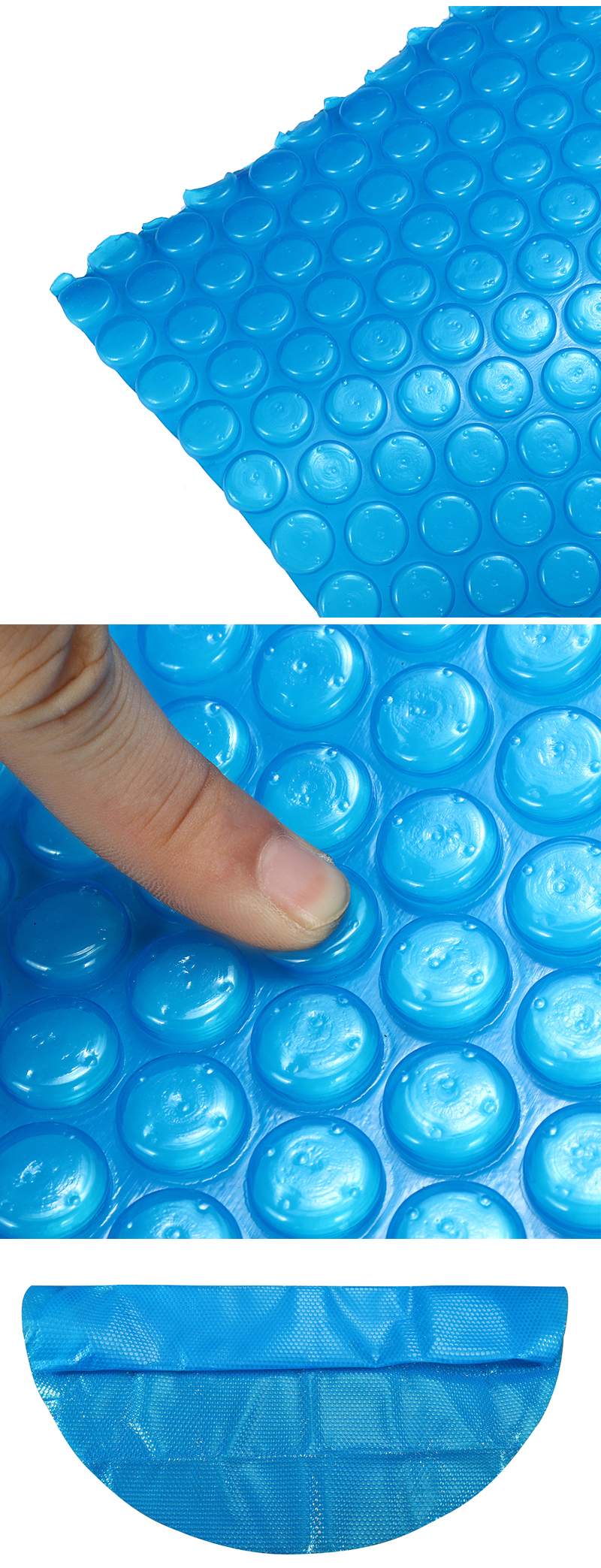
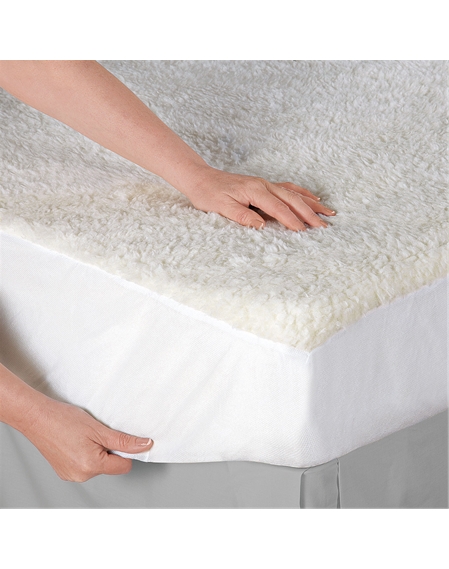


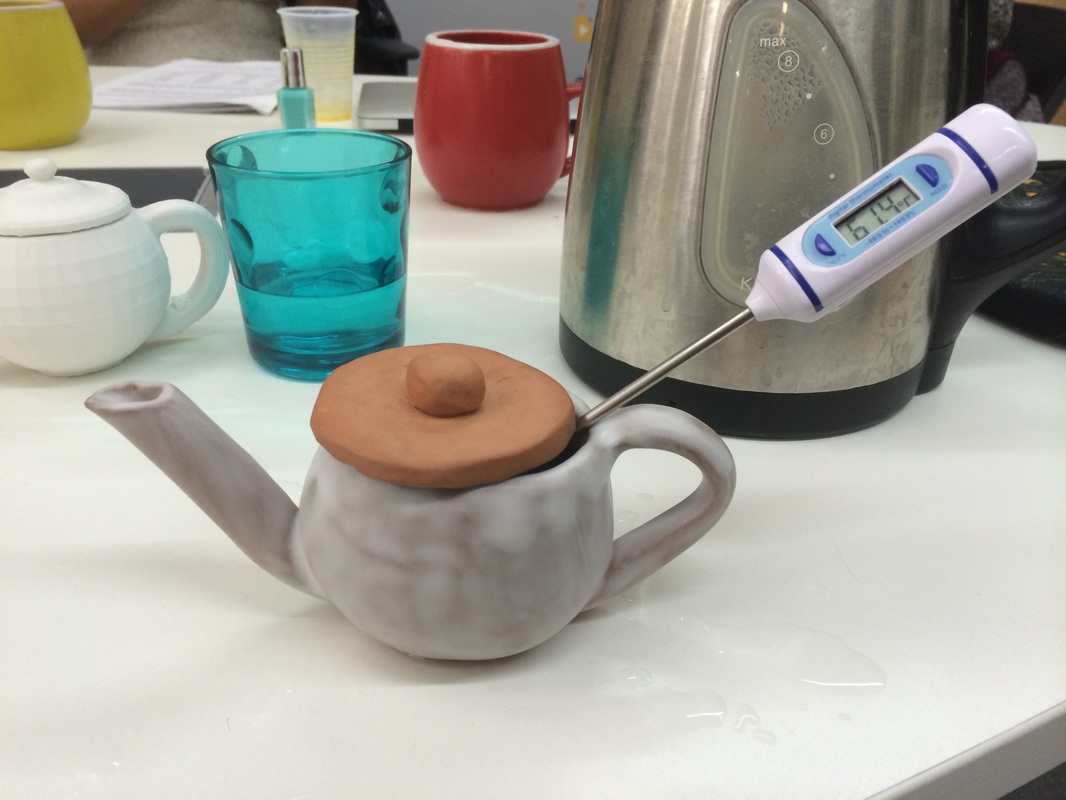





















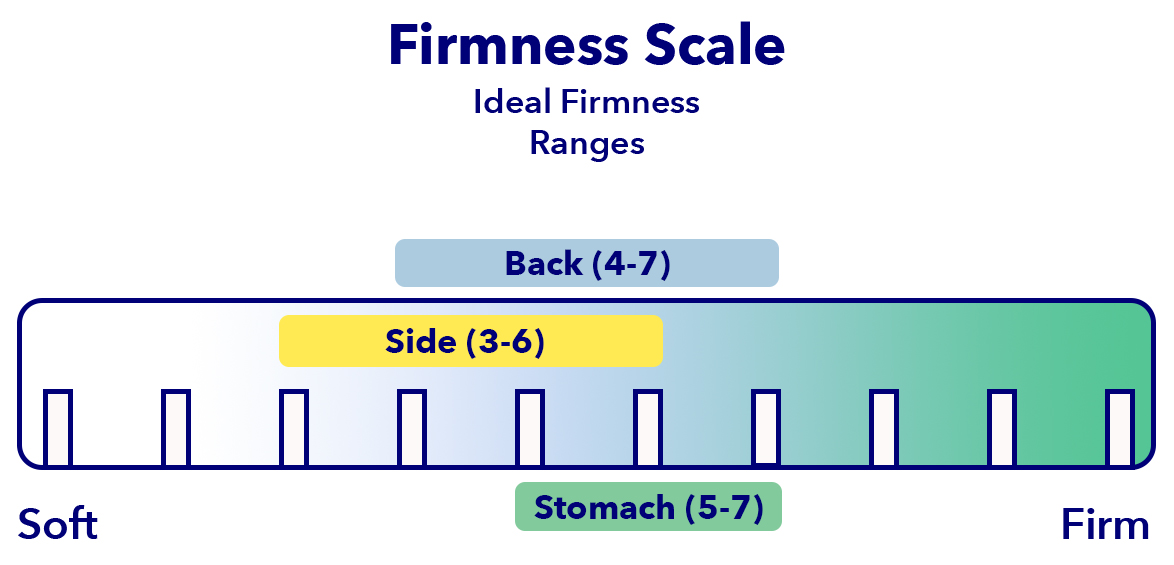
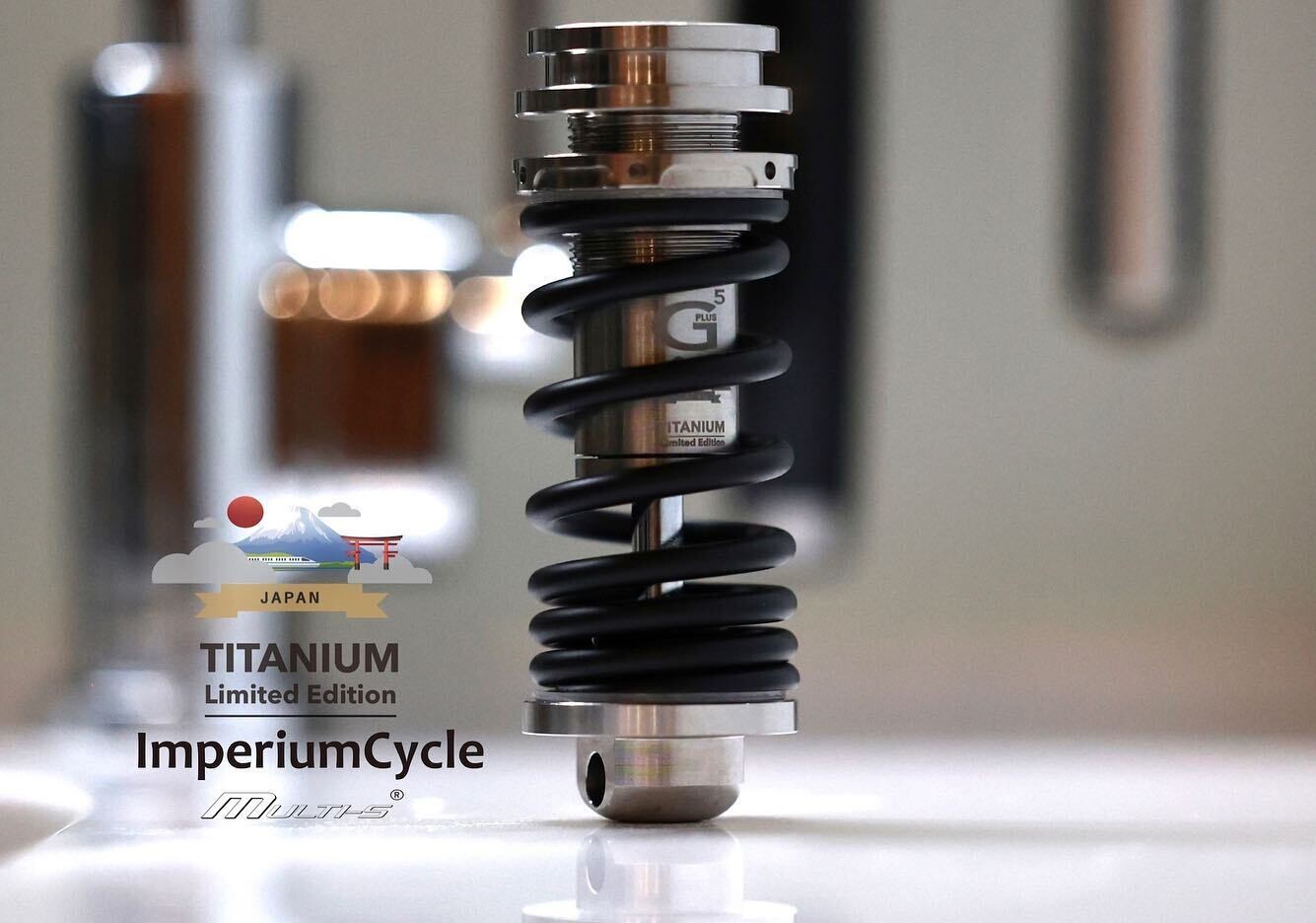






















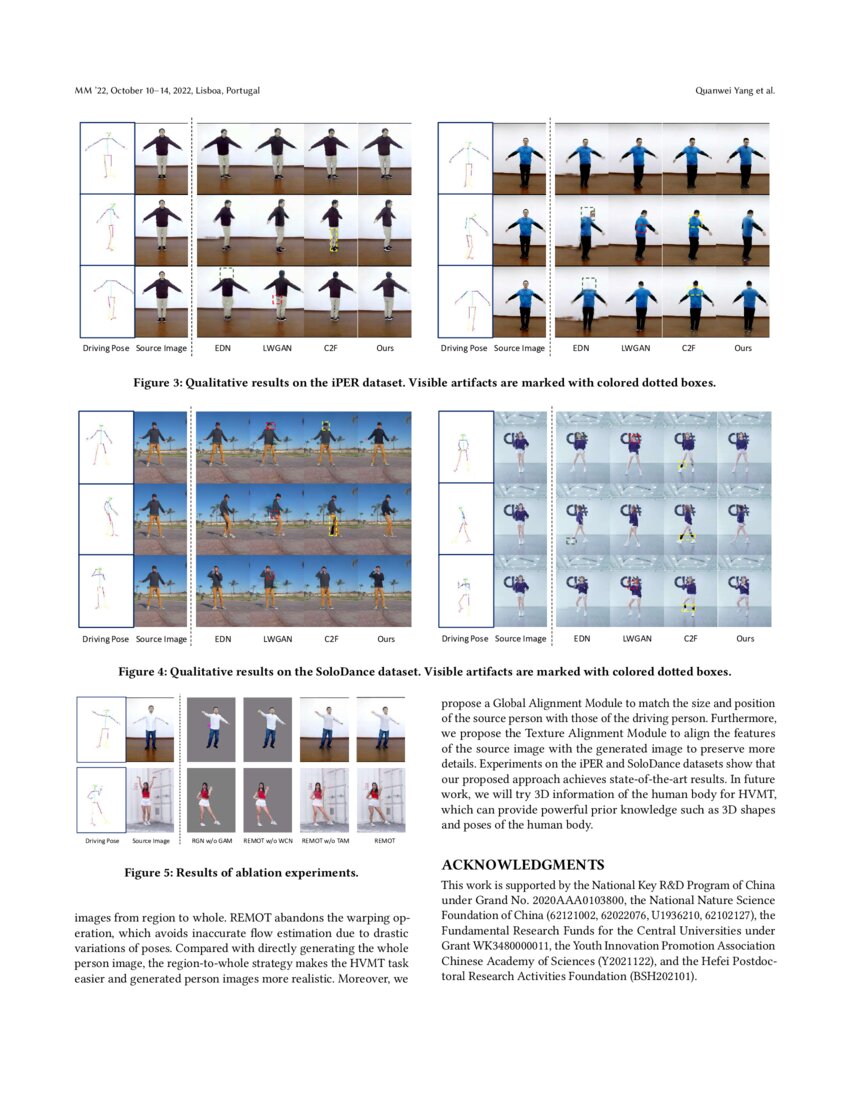










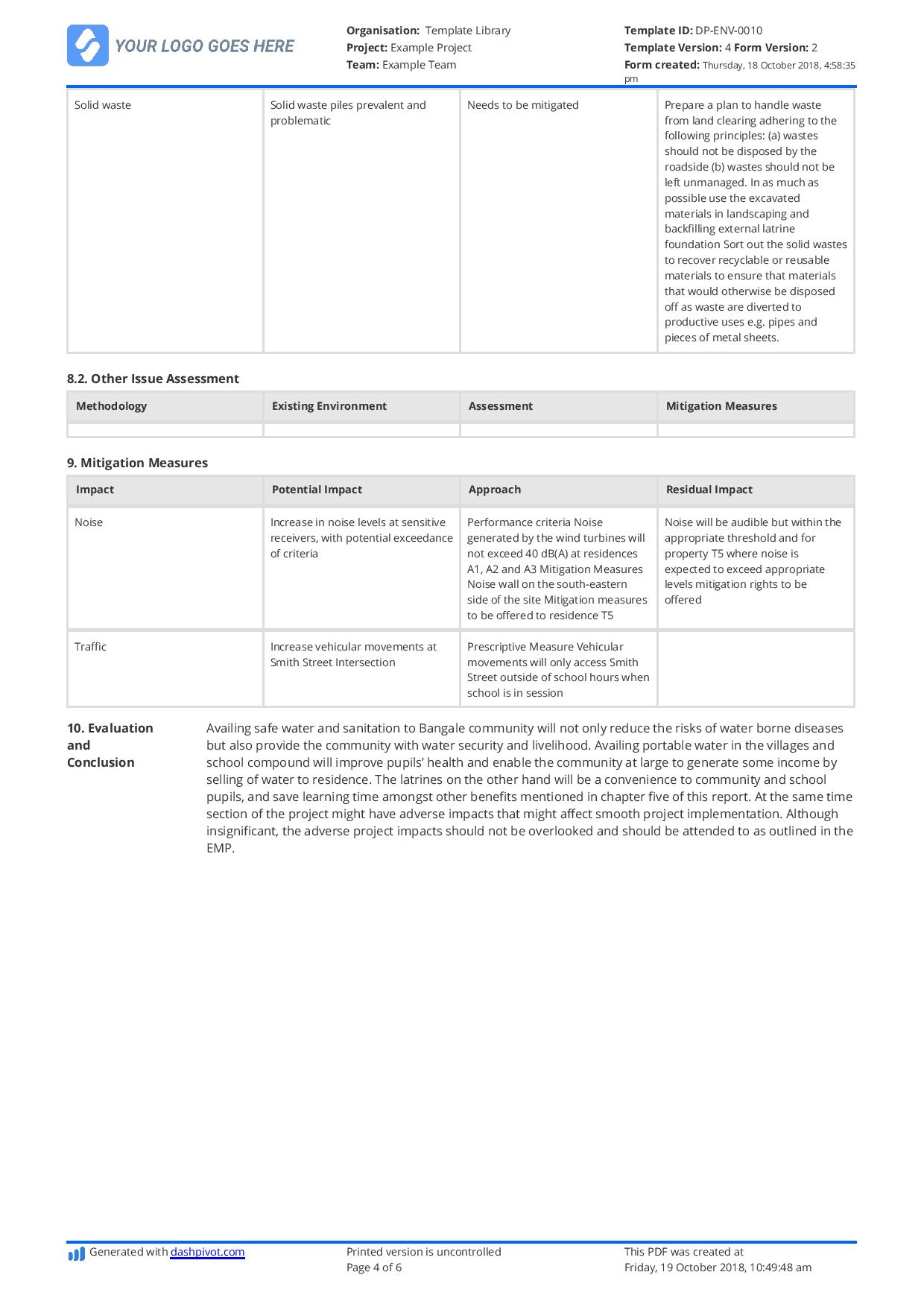


/GettyImages-470220271-39c04c6955d14b3db87d62e9b13db6eb.jpg)













